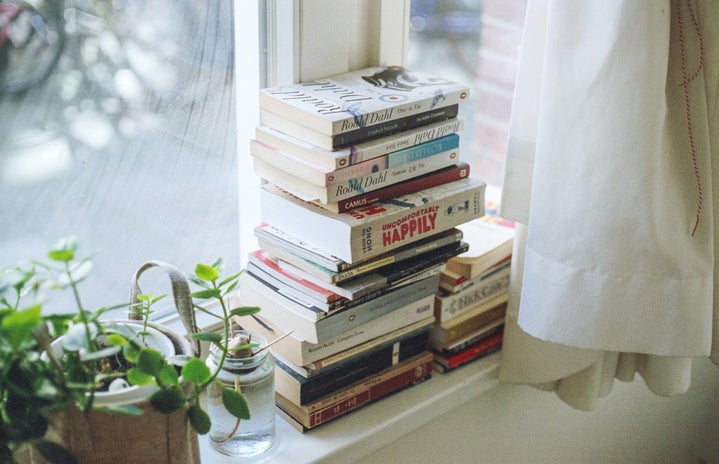“For within living structures defined by profit, by linear power, by institutional dehumanization, our feelings were not meant to survive.”
Sister Outsider is a collection of essays and speeches from late, renowned Black-lesbian-poet-warrior, Audre Lorde. This collection includes three of my favorite essays— “Poetry Is Not a Luxury”, “Uses of the Erotic”, and “The Master’s Tools Will Never Dismantle the Master’s House.” In each of these, Lorde elegantly, poetically, and masterfully dissects and provides pivotal discussions and discourses surrounding oppressive topics. In each piece, she leads us to questions and answers, to think and rethink, to dig deeply into what has long been buried, hidden, or feared within ourselves.
“Poetry Is Not a Luxury” says that women hold places of creativity, power, and possibility that are “neither white nor surface; it is dark, it is ancient, and it is deep.” She discusses what the euro-centric white fathers wanted—the idea of thinking therefore being. But for Lorde, “For women, then, poetry is not a luxury. It is a vital necessity of our existence.” She focuses on the Black mother as the poet, saying “I feel, therefore I can be free,” rather than “I think therefore I am.” She focuses on the things within us that have been forgotten, such as courage and the exploration of ideas.
“Uses of the Erotic” dives into these deeper feelings and explorations through the erotic; something Lorde sees as more than a sexual or sensual entity. She sees it as a tool for power. Women in particular have been made to feel or have actually been dominated and therefore feel powerless. We have been made to believe that the erotic is something to be suppressed. The erotic makes us face our lives with more dignity and honesty, as we turn away from fear and bring to the surface our “deepest cravings.”
“When I speak of the erotic, then, I speak of it as an assertion of the lifeforce of women; of that creative energy empowered, the knowledge and use of which we are now reclaiming in our language, our history, our dancing, our loving, our work, our lives.”
This leads to my final favorite—“The Master’s Tools Will Never Dismantle the Master’s House” where Lorde asks “What does it mean when the tools of a racist patriarchy are used to examine the fruits of that same patriarchy?” Within the text, she leads us to our own answer. She discusses the power that difference and diversity has, and how we have been told that this is a weakness and to fear one another. She says “Without community there is no liberation”—our communities can and should be made of difference, and that would make us stronger. The personal is of course political; we must face these conditions with strength through community and difference. We must not let the oppressor keep us occupied with hate for one another.
Audre Lorde’s essays, speeches, prose, poems, and being have always been a force, but especially now in the midst of extreme socio political and economic turmoil, in the midst of a pandemic, in a nation that only casts itself further apart, we must look to her work and similar authors who allow us to think and sink deeper into ourselves to find answers to these long, hungry questions.


